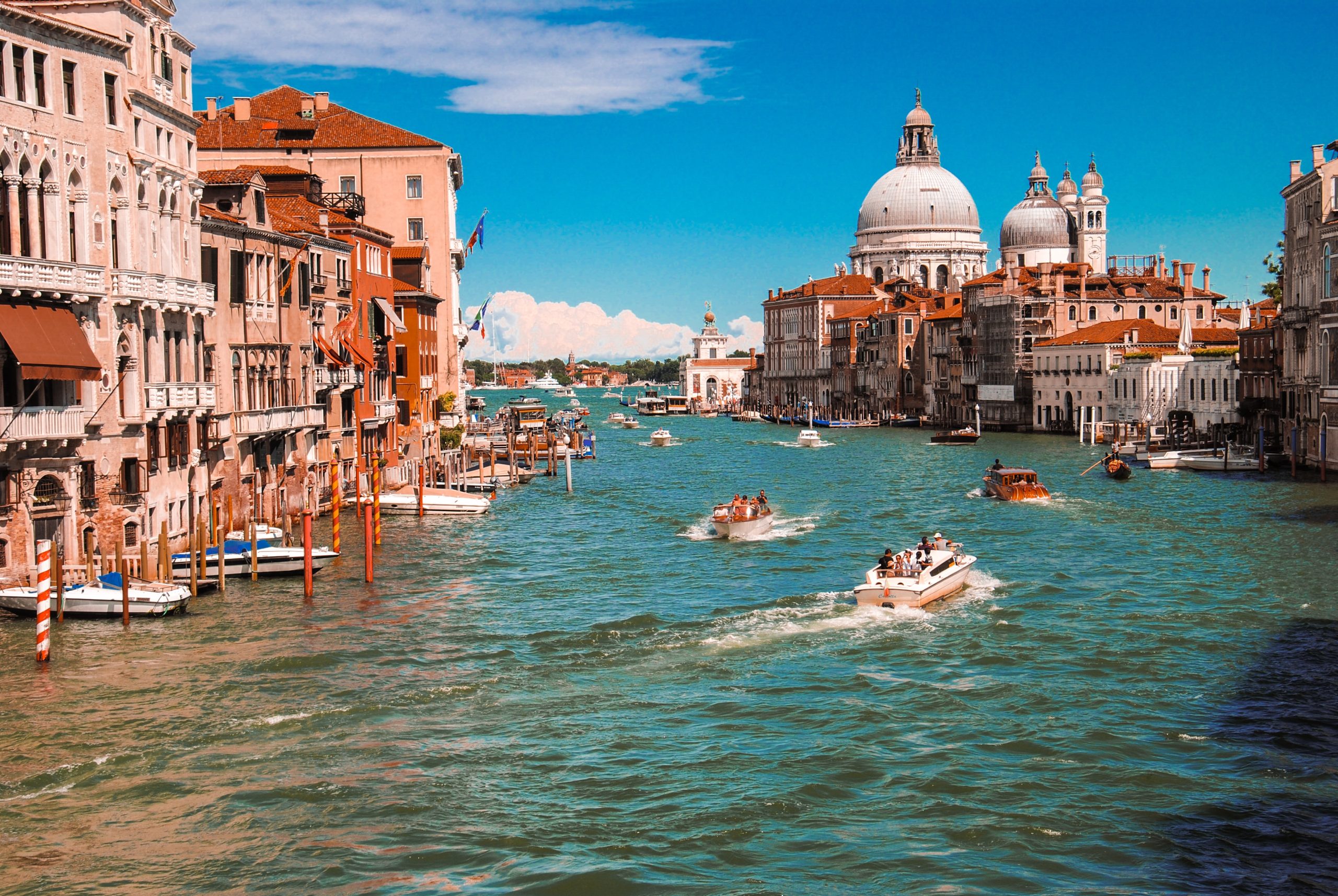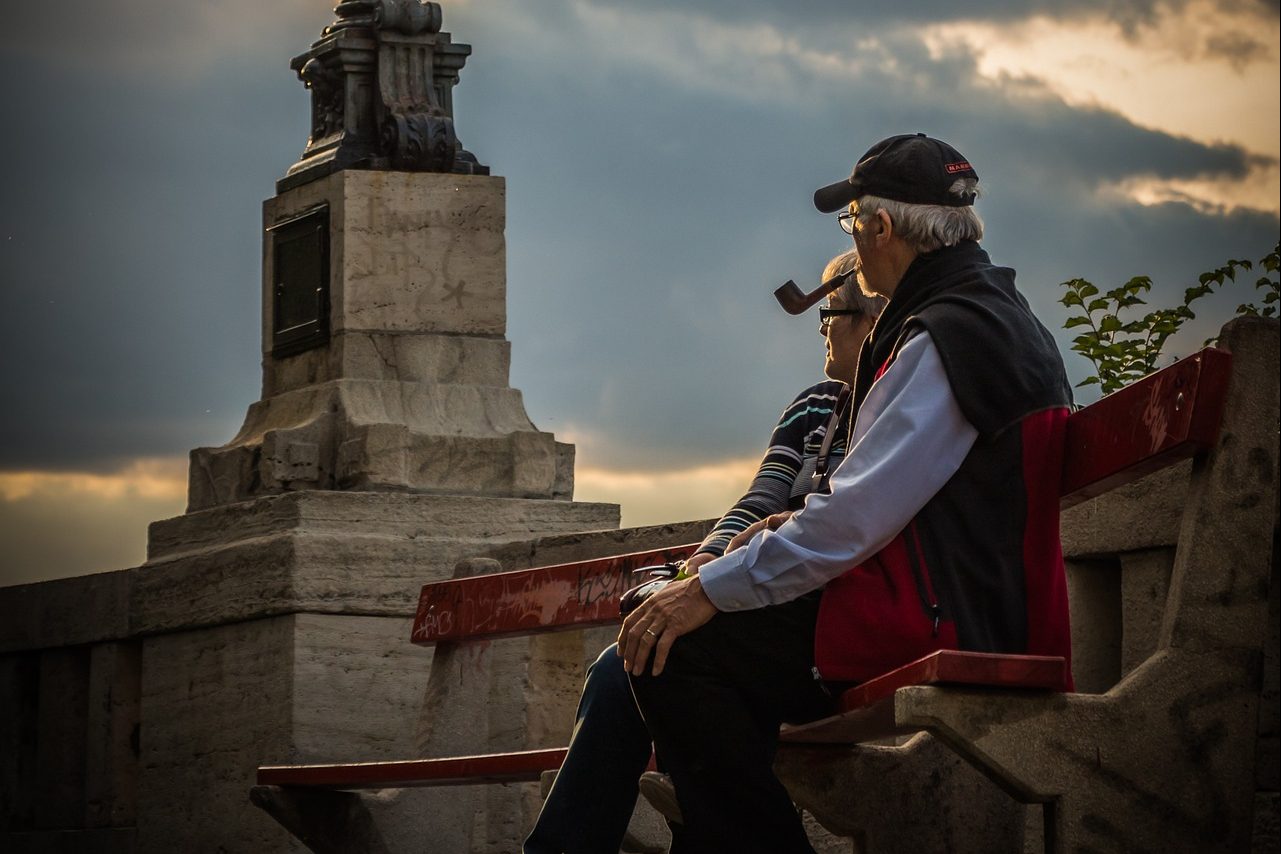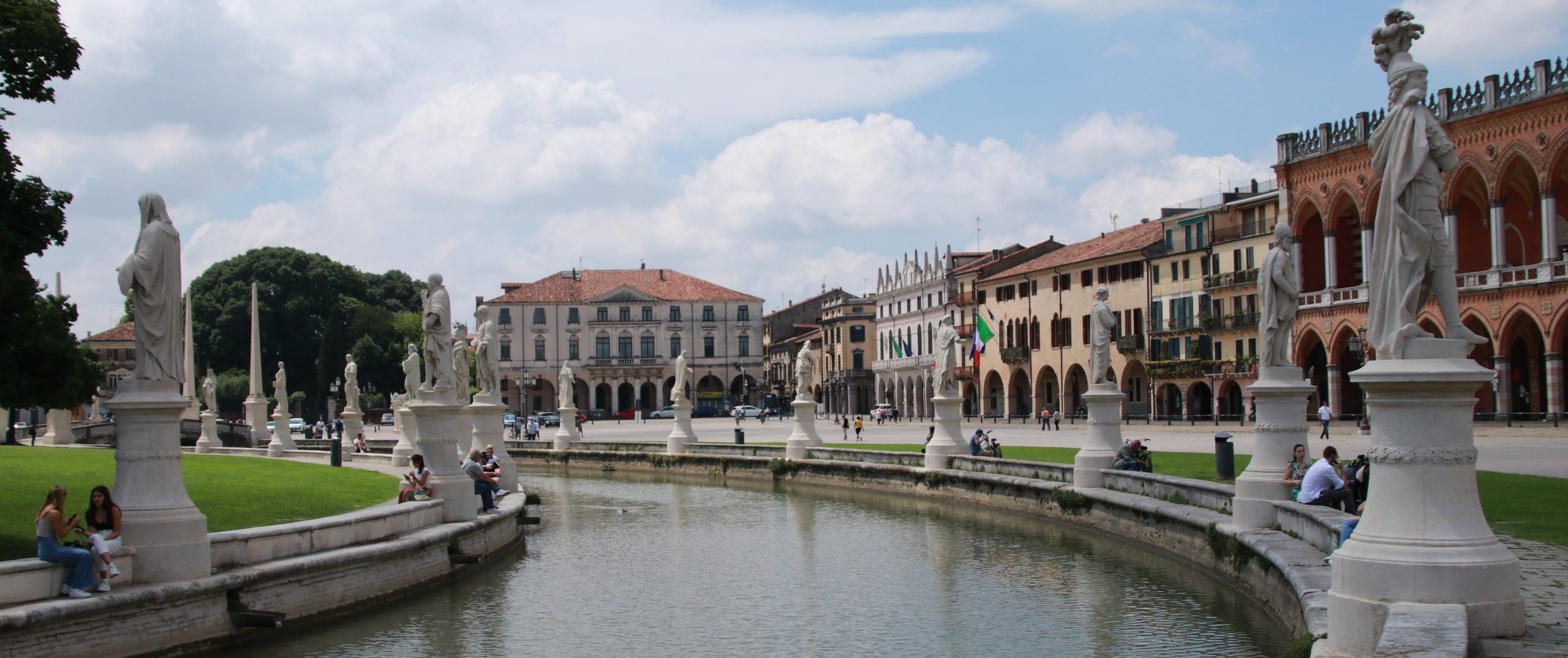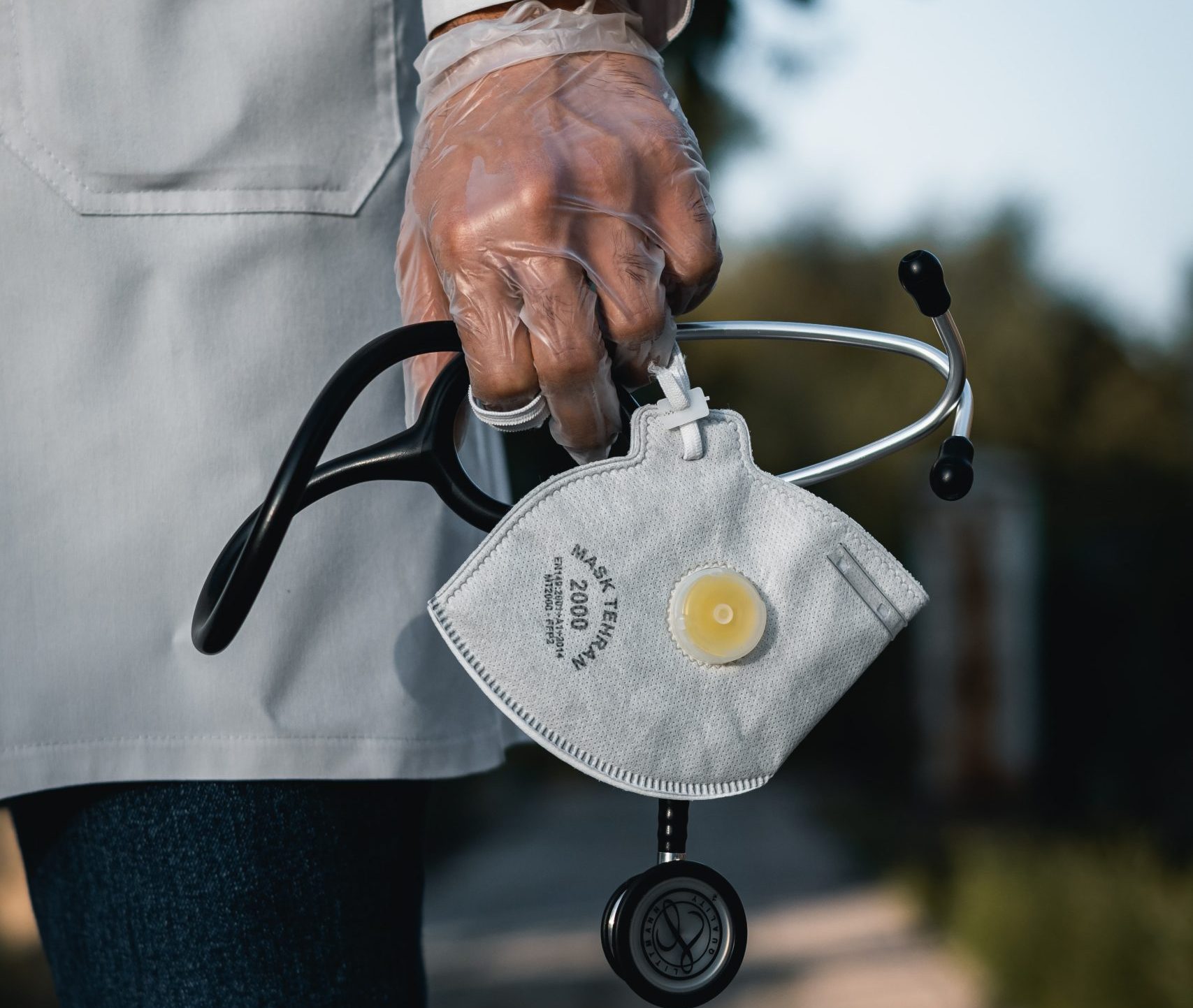Table of Contents
ToggleTraveling to Italy
Traveling during the ongoing COVID-19 pandemic is not risk free, but the risk is certainly lower in some countries and higher in others. At the moment it is possible that any country may restrict travel or introduce new rules with little or no notice. For example, with the outbreak of a new COVID variant. As of 31 October 2022, Italy no longer requires passengers on planes entering or leaving the country to wear face masks; that said, some airlines request that passengers wear masks, so, at the moment, wearing a mask or not is at the discretion of the service provider. The same is true for public transportation, although masks are still recommended in indoor public spaces, they are not obligatory. Neither are COVID tests or “green passes” required to enter or travel around Italy.
Post-COVID Italy
Italy has pretty much returned to normal at this point. You will still see people wearing masks of all types, and masks are still recommended, but a majority of the population has been vaccinated.
If, by chance, you test positive for COVID-19, you may still have to stay where you are until you test negative, usually about 10 days. Tests for COVID are no longer required.
Mask wearing is still recommended in all indoor public spaces. Sometimes stores or certain places will request that you wear a mask, but this is just as a courtesy to the other patrons. Pay attention to signs when traveling and carry a mask with you, even if you don’t think you will need one.
The elderly and at-risk-persons are still strongly recommended to wear a mask as the virus has not completely disappeared and not everyone who may have it may know, so it is still transmissible.
Violent Crime in Italy
Crime levels, in general, are low. Violent crimes are very rare in Italy, and almost non-existent when compared with the United States. Since the 1990s, violent crime has drastically decreased throughout the country, which experiences between 200-300 homicides per year. To put this into perspective, so far in 2022 in the United States, more than 38,000 people have been murdered. Italy ranks very low on the list of countries by violent crime, along with many of the other European Union countries and Japan, good news for travelers of all ages.
As far as terrorism is concerned, both of Italy’s neighbors, France and Belgium, have been the target of terrorist attacks in recent years. This has caused Italy to increase security in almost every major city, but a terrorist attack has yet to occur in the country. There have, however, been isolated cases of domestic terrorism. Attacks carried out by the extreme left-wing and secessionist groups have been aimed, not at tourists or third country nationals, but rather at official Italian targets, usually with small bombs or incendiary devices, but this remains rare.
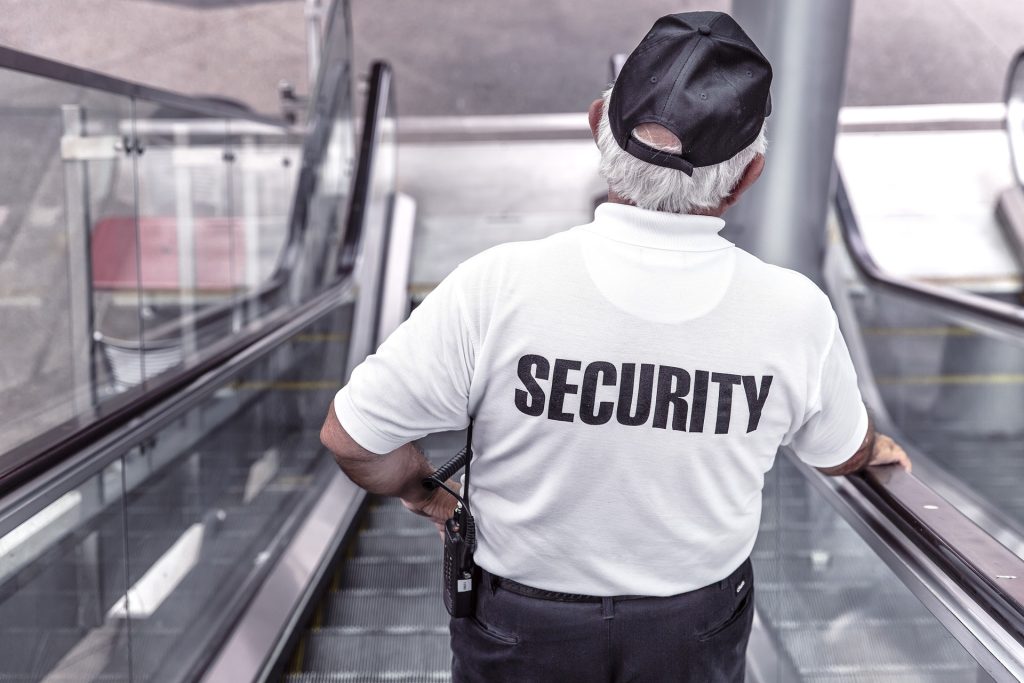
Non-violent Crime in Italy
Italy experiences higher levels of petty, non-violent crimes like bag snatching or pick-pocketing which largely affects women and the elderly as they are seen as easier targets for thieves. This tends to be concentrated in major cities, with the biggest culprits being in Rome and Naples. Milan experiences this as well, but—recently—to a lesser degree as the presence of police and military personnel has increased over the years. It is still best to pay attention to your surroundings in any situation. Be aware that pickpockets and other thieves can use any number of methods to distract you while attempting to grab your belongings.
The general advice is: do not walk by yourself at night, leave your valuables unattended or carry all your money in one place. It is also recommended, if you are carrying a wallet or cellphone, to carry it in your front pocket and not to place anything in the back pockets of your pants. If you are carrying a handbag, it is safer to wear it crossbody rather than over the shoulder or by hand, this is enough to deter most thieves searching for an easy target.
Natural Disasters in Italy
Depending on where you are in Italy, there are different potential natural disasters that can occur. While there are active volcanoes, those of little importance, unless you want to visit them! Sicily, for example, is prone to forest fires, particularly in the summer months when much of the foliage has dried out. Whether the fires are intentional or not is still up to debate, but they occur nevertheless and of the three natural disasters Italy suffers from, this is the most common. The fires are, needless to say, dangerous and unpredictable. If you enjoy hiking or outdoor activities, be sure to check with authorities that the area you are heading to is safe.
After fires, certain parts of Italy are subject to flooding. This is a common occurrence in cities like Venice and is called “acqua alta” (high water) during the winter months. It is so common that one of the local bookstores, Libreria Acqua Alta, keeps all of its books inside small boats so that in the event of a flood they will simply float up towards the ceiling.
The third and least common, though extremely devastating, are earthquakes. Certain parts of Italy sit on top of a major seismic fault line. Minor tremors and small earthquakes are a regular occurrence. It is best to check with local authorities or do a bit of research beforehand when visiting regions in the center of the country.
Safety for Men, Women and the Elderly
Women and the elderly tend to be victims of petty crimes more often than men. Though Italy has, in its major cities, excellent public transport, it is important to pay attention to your surroundings. Italy is certainly safe for travel for women, both alone or in groups, and the chances of being the victim of a crime are rare. Crowded places like train stations, bus depots, or markets provide an easy way for thieves to escape into crowds. and always at night.
Safety for the elderly means considering different things when traveling around Italy. Physical safety for seniors in Italy is not much of a concern, but it is important to have good travel insurance in case they end up in the hospital; this will cover any potential costs, including admission, ambulance, labwork, and so on. Fortunately, the Italian lifestyle is slow and relaxed, very conducive to traveling with elderly parents or relatives. Safety for the elderly is more about being prepared, knowing who you are traveling with—do they have medical conditions? Is there a limit to how much they can do in one day? Be sure to ask the hotel to make any accommodations you may need in order to facilitate your stay. This is more important for their health and wellbeing than expecting danger from thieves or antisocial Italian citizens.
If you like to learn more about this topic read our related articles, such as, Public Holidays in Italy, Requirements for residency in Italy: all you need to know, Electricity in Italy and Schooling & Education in Italy

